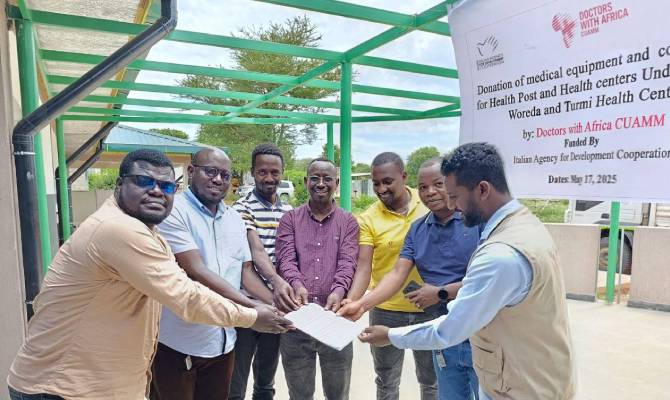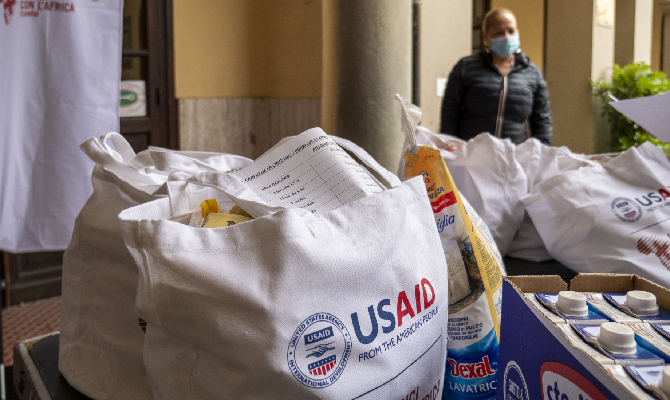The emergency does not allow much time and an immediate response is essential. Until recently, there were no blood transfusions at the Turmi hospital in the South Omo region of Ethiopia. There was a lack of skilled personnel and patients who needed blood had to be transferred to Jinka, in the hospital of the chief town. What separates the need of communities from essential healthcare is often the distance, the travel time to reach the nearest health center and sometimes a too rapid worsening of clinical conditions. A fragile context, therefore, where we try to face complexities day by day. The project “The first 1000 days. Guaranteeing quality health services to mothers and children in the South Omo Zone” supported by the Italian Agency for Development Cooperation (AICS) and implemented by Doctors with Africa CUAMM, helps promote concrete change: a refrigerator powered by solar panels has been ensured, allowing the storage of some blood bags even at the Turmi hospital.
Thanks to this contribution and in particular to the presence of Memuna, the Emergency Surgical Officer in Turmi, in September the first blood transfusion was carried out to a pregnant girl, of Hamer ethnicity, with severe anemia and a very low level of hemoglobin in the blood. The woman arrived at the hospital because she felt very weak, with “pale conjunctivae”. A similar patient would previously have been immediately transferred to Jinka, forcing her not only to incur a huge expense but also causing her great distress, as the Hamers feel like “fish out of water” in the city and do not want to stay there too long.
«The change is finally beginning to be more evident- said Memuna -. We are able to respond to more emergencies and manage a greater number of caesarean sections; working together, we are able to guarantee a better service also for the management of those cases that would have surely been transferred to Jinka before».
Small contributions, simple equipment, often taken for granted here as a refrigerator, can really make a difference and save people’s lives in a limited resource context.





